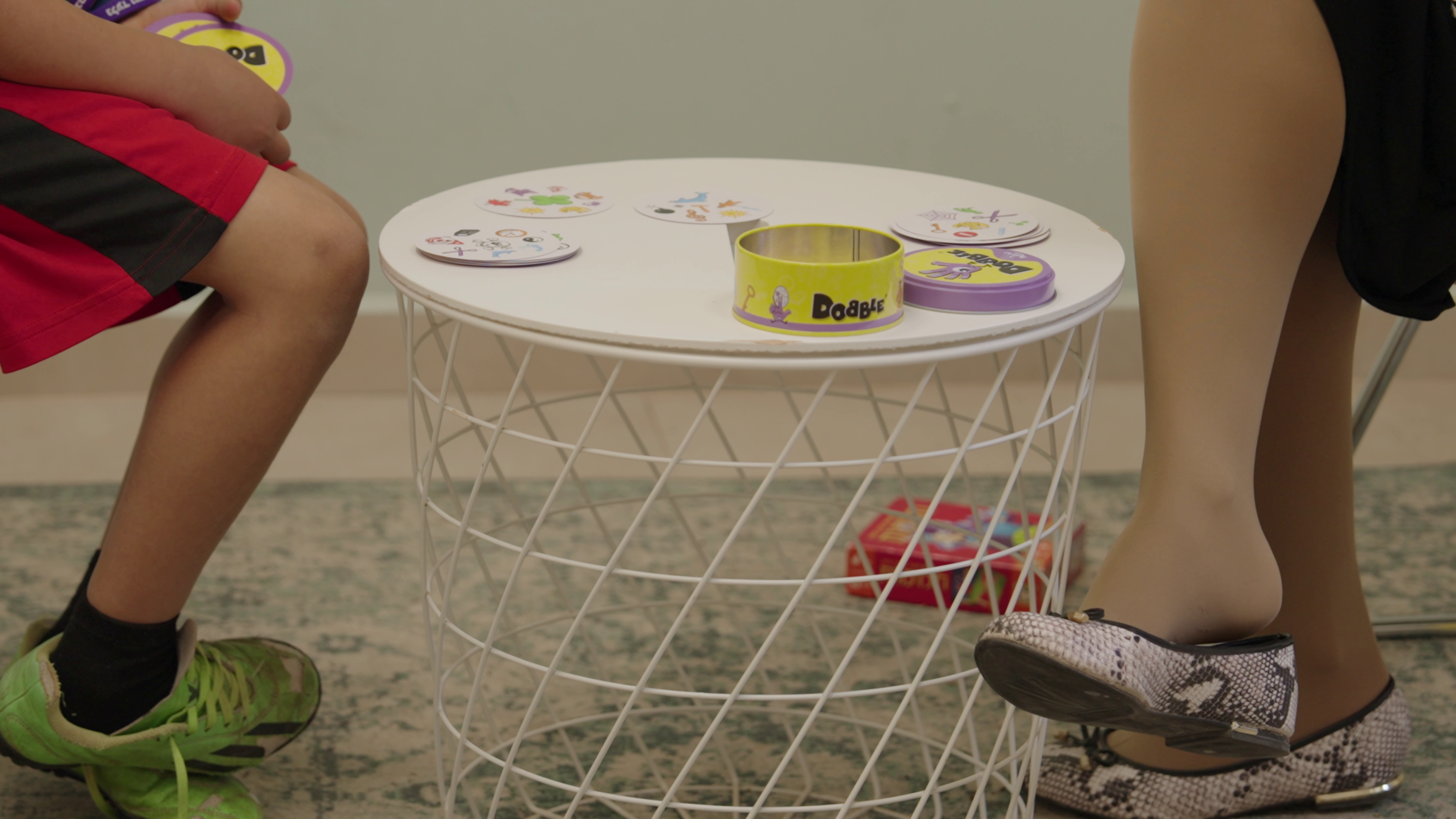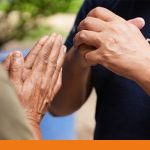Trauma of October 7
A visit to the Israel Trauma Coalition
Omer Egozi is the deputy director of the Israel Trauma Coalition (ITC) in Jerusalem. The ITC is the body responsible for national trauma treatment and emergency preparedness in Israel and is also active internationally. CBN’s Julia Brinkmann was in Israel in June 2024 and wanted to know what trauma work looks like in the face of October 7.
I am very happy to talk to you. Eight months after the massacre – what has changed in the minds of the Israeli people?
I think we have all experienced trauma to varying degrees because of October 7. We are 10 million people in this country. It’s a small country. Everyone knows everyone. Not directly, but through others. My parents’ neighbor was murdered on October 7 at the Nova party in the south. I have a neighbor who is a soldier, and she was kidnapped. Now she is in Gaza. I am a normal person and I already know two people who have been severely affected by this trauma.
Dealing with the trauma will keep Israel busy for a long time. You have entered into a cooperation with CBN in this regard. What does this look like?
What happened on October 7 – we weren’t prepared for that. You know, we always try to be prepared for the next crisis, but nobody thought of something like this. After October 7, I received a call from CBN asking: What do you need? Since then, CBN has been supporting our work with the evacuees. Many residents of the towns near the border were evacuated to more than 200 hotels.
Intensive training for new therapists has also been supported. Since October 7, we have increased the number of therapists from 240 to currently 4200.
CBN has helped us to acquire some facilities and therapy rooms. In addition, we are now able to offer therapies for children with whom it is not yet possible to conduct talk therapy. A special tool for this is the use of animals.
How long does it take to process a trauma?
This is a very individual process. Some people can regain control of their lives within a few hours. Some need several days or months. Other people can’t do it on their own. They need outside help, often therapy. The work we do, including with the help of CBN, manages to reduce the 20% who are otherwise expected to develop full post-traumatic stress disorder to 3%. People can go back to work and not become a burden on society.
How can we and CBN’s partners support you?
First, the fact that you are here and want to express your support is, in my opinion, the most important thing. We have a close relationship with CBN and are very grateful that they are taking on the various challenges with us and trying to help in many ways.
Thank you and your team for doing this work.

Please pray for the work of the ITC, CBN Israel and the local staff. You can support this work with a donation.
Donate now





